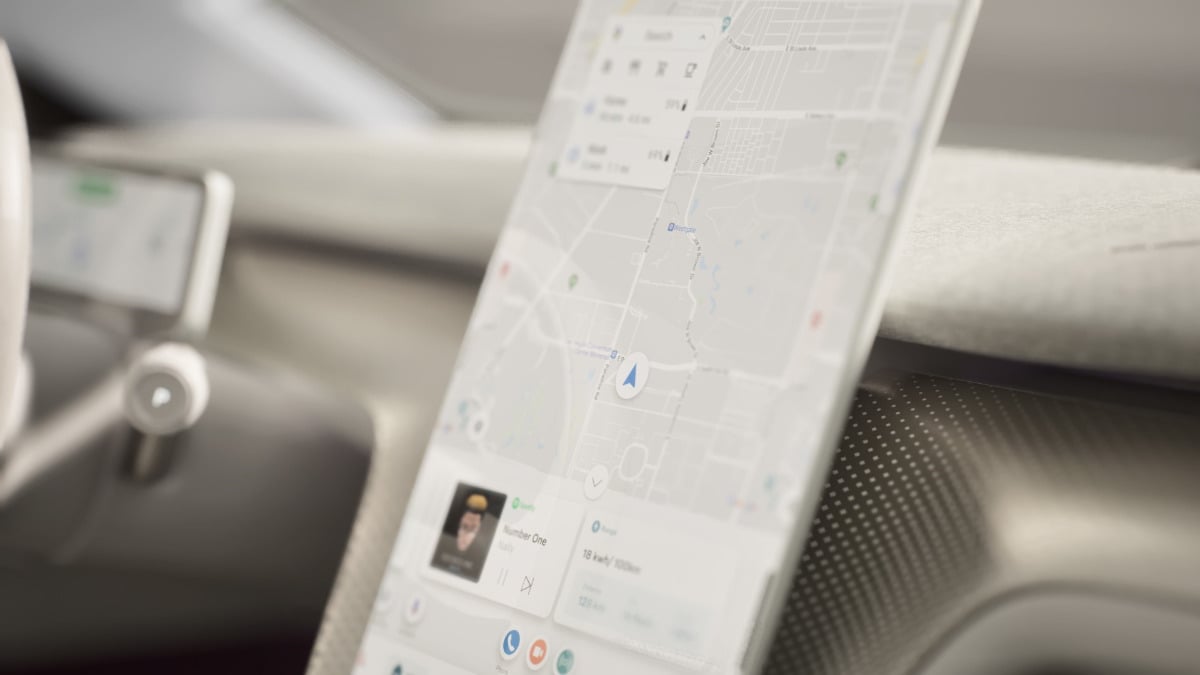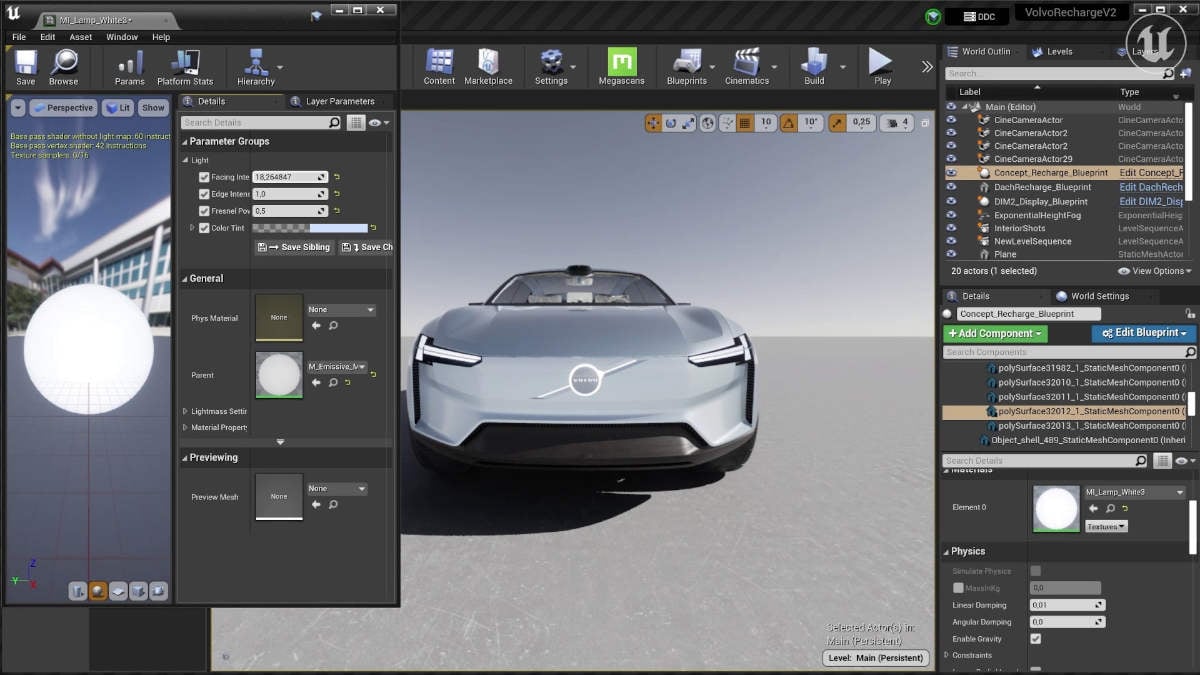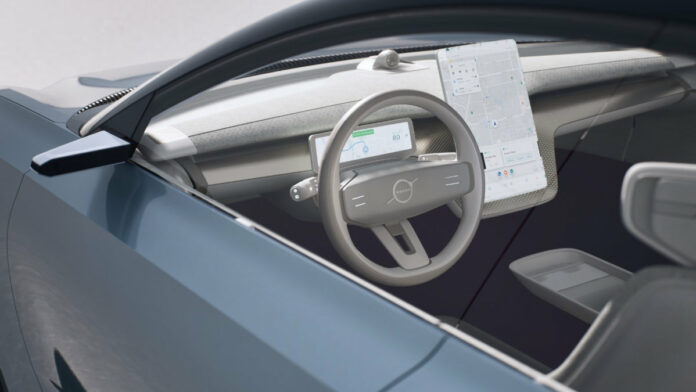Volvo will be the first European carmaker to use the Unreal Engine platform to bring photorealistic visualisation technology inside next-gen electric vehicles.
As gamers we often fail to realise how much influence Unreal Engine has beyond gaming. To the uninitiated, UE is an effective real-time 3D creation tool used in various industries – be it film, medical, or visualising astronomical data.
Volvo aims to use Epic’s Unreal Engine to bring high-quality graphics inside the cabin. In active development for use in the Human Machine Interface and Driver Information Module, where the latter will provide the driver with relevant information and infotainment features.


Customers can expect sharper renderings, richer colours, and impressive 3D animations on the varying displays and infotainment systems. Computing power required to run said displays will be provided by third-generation Snapdragon Cockpit Platforms. Volvo touts the infotainment system to be twice as fast its predecessor, and graphics and processing being up to ten times faster.
“To offer our customers the best possible user experience and contribute to a safe and personal drive, we need rich, immersive and responsive visualisation inside our cars,” said Henrik Green, chief product officer at Volvo Cars. “Running Unreal Engine in our cars enables this and makes it even more enjoyable to spend time inside a Volvo.”

“When you bring interactive, high-resolution graphics running in real-time into the car, you open the door to a vast range of new ways to inform and entertain everyone inside,” said Heiko Wenczel, Epic Games’ Director of Automotive and HMI for Unreal Engine. “Volvo Cars’ deeply talented design and product development teams have grasped this opportunity to do something fresh that will keep evolving with exciting new features that take advantage of the capabilities of Unreal Engine.”
Volvo will reveal its all-electric flagship model later this year and aims to only sell pure electric cars by 2030. Unreal.

